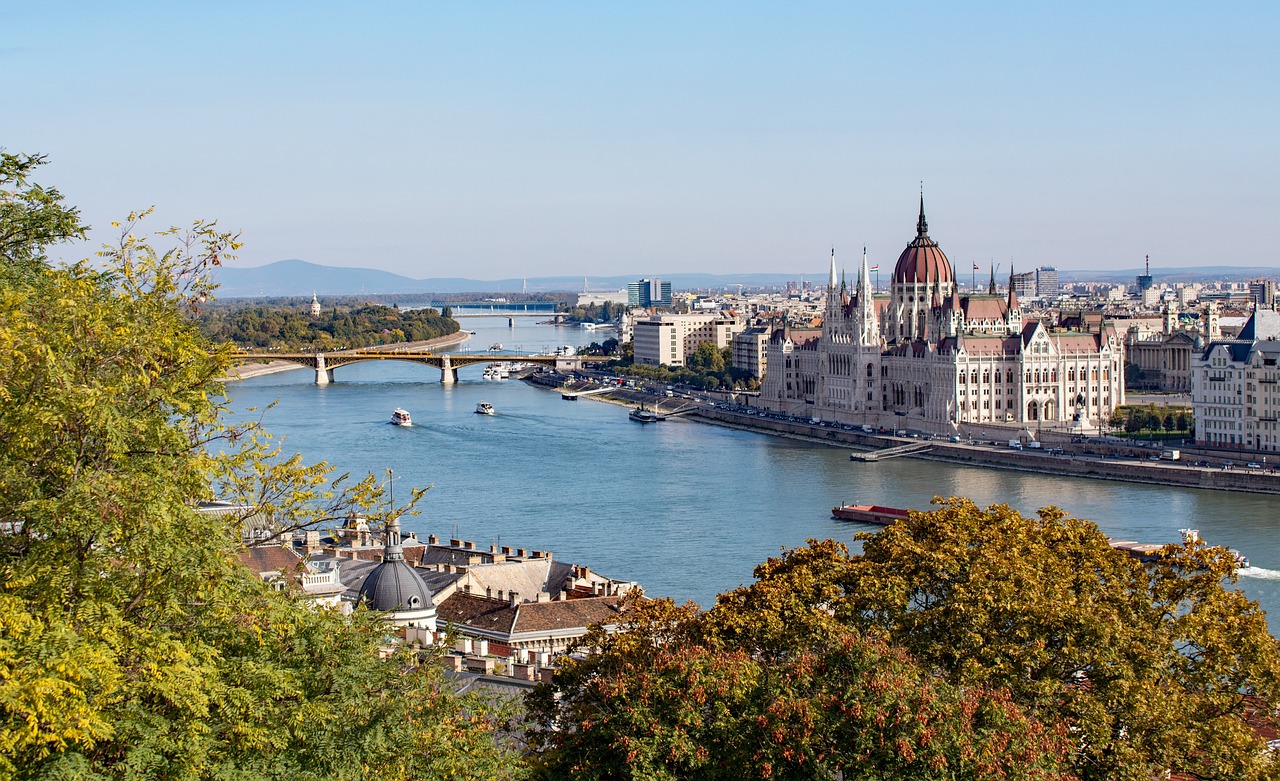
Budapest, Hungary’s capital, is celebrating its 150th birthday with a party tram, exhibitions, and other events. However, critics argue that the city is being shaped by an uncompromising nationalist government intent on rewriting its history. Since returning to power in 2010, premier Viktor Orban has embarked on an „illiberal” revolution to restore the central European country’s independence after decades of communist rule that ended in 1989. As part of this, the government has unveiled ambitious plans to restore Budapest to its „former glory,” prompting opposition from the city’s mayor, who wrested the capital from an official backed by Orban’s Fidesz party in 2019.
Hungary’s capital was founded in 1873 when cities situated on opposite banks of the Danube river – affluent Buda, historic Obuda, and bustling Pest – united. The city was envisioned as a European-level metropolis, as the capital of Hungary inside the Austro-Hungarian Empire, that would give the nation back its strength and create its identity. One and a half centuries later, Orban is aiming to transform Budapest, which along with its surroundings houses 2.6 million of Hungary’s 9.7 million people.
The most ambitious and controversial project is the reconstruction of Buda’s Castle Hill, a tourist hotspot and the former seat of kings. Supporters claim the restoration project will correct historical wrongs by restoring the buildings to their original state. However, critics argue that making the Castle Quarter into a governing district with access restrictions and security measures is „completely against” 21st-century city concepts, aiming to open spaces to the public.
Budapest mayor Gergely Karacsony is also critical, arguing that the government sends a terrible message that the government is nostalgic for the political system between the two World Wars, looking down on the people of Budapest from the castle, the former seat of kings. He believes that random political and business decisions by the government do not fit into a long-term, Budapest-based approach and raises urban planning and rule of law issues.






